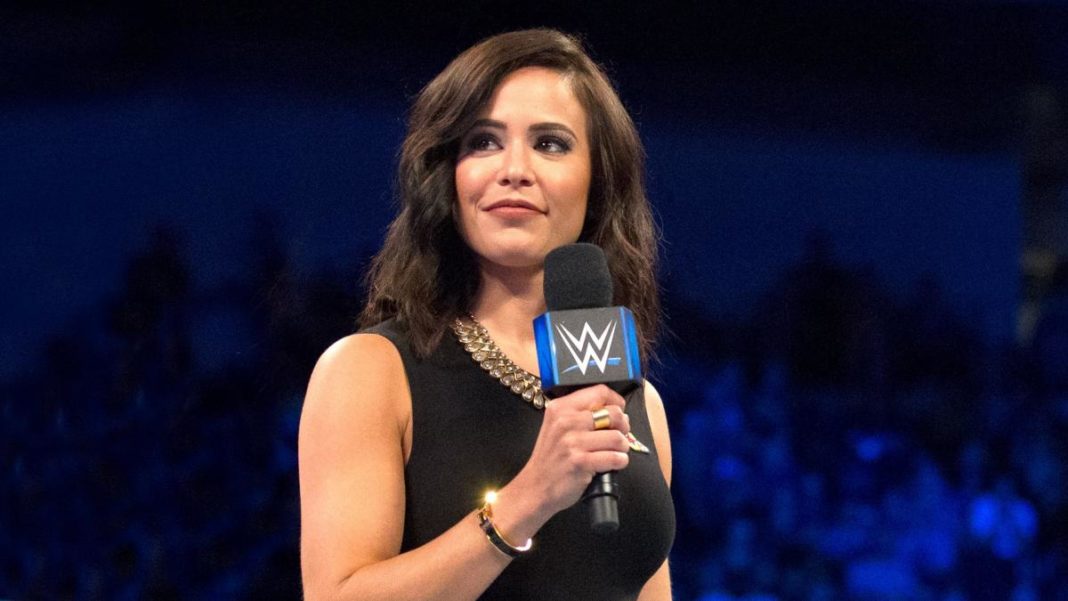
In a recent episode of the “Piers Morgan Uncensored” podcast, Charly Arnolt, popularly known as Charly Caruso, discussed her experience with instances of inappropriate behavior during her tenure at WWE, which were unreported at the time.
Arnolt noted that her direct interactions with Vince McMahon, WWE chairman, were minimal.
Presently, McMahon is dealing with a civil lawsuit. The accusations are from Janel Grant, an ex-WWE employee, and include allegations of sexual misconduct and human trafficking. Presently, the lawsuit is temporarily paused due to an ongoing federal inquiry into McMahon.
Here are some insightful snippets from the aforementioned podcast:
Regarding Inappropriate Conduct in WWE: “My consistent view has been that if one lacks thick skin, one is ill-suited for working at the WWE. There were multiple cases where I could have taken things, minor or somewhat significant, to HR. Was I that person though? No. Now, I’m not implying that I was maltreated in any discernible way. But certainly, there were incidents at WWE that would prompt an outsider getting an inside scoop to ask, ‘What is really happening here? How is it possible to work under such conditions?’ But it’s one of those situations you silently accept when you’re with the WWE. On a regular day, I’d interview men adorned in miniscule Speedos – that’s somehow the job.”
About her interaction with McMahon: “As per my experience, I wasn’t often able to clearly perceive who Vince McMahon really is. I wasn’t privy to writer meetings and the like, unlike many people. I’d usually reach work, get a script, and be told, ‘This is your task.’ My communication was mostly with other writers and my immediate superiors, notably, Michael Cole. Despite my professional distance from Vince, like everyone else, I too sought his validation. Whenever our paths did cross backstage or in corridors, even a simple ‘hello’ from him would feel meaningful. Many times, Vince wouldn’t bother acknowledging you. So, being addressed by him usually meant either you were on the right track, or he appreciated your approach to work, and of course, receiving a ‘good job’ from him was a big deal.”
